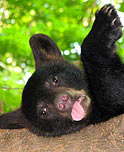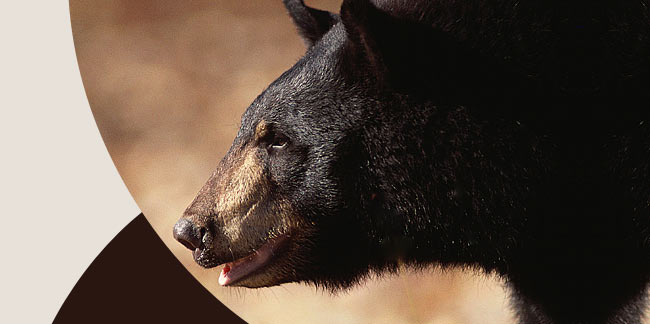Reports
Evidence that Non-Lethal WorksEvidence that Non-Lethal Works
There are two American wildlife traditions. This report is dedicated to the memory of pioneer preservationists William Temple Hornaday, Rosalie Edge, and John Muir, whose contributions have been obscured, and exploited, by the “interlocking” forces — firearms manufacturers, allied conservationists, and game departments, they exposed and fought against.
Major Report: Baiting the Black Bear
Our Urban Wildlife Series takes an in-depth look at black bear management and the issues surrounding it.
The first report in our Urban Wildlife Series takes a look at Bear Smart Legislation and Management Solutions.
Our second report in the Series, exposes the reasons behind the New Jersey Division of Fish and Wildlife's reluctance to embrace Bear Smart community programs and its continued push for bear hunts.
In 2005, Rutgers' professor, Edward A. Tavvs, produced a report studying the correlation of the reduction in nuisance black bear complaints with implementation of a hunt vs. a non-lethal program. The hunting approach was investigated by reviewing data from four U.S. states (Virginia, Pennsylvania, New York, Minnesota, as well as the province of Ontario, Canada). The non-lethal program was investigated by reviewing data from three U.S. national parks (Yellowstone, Yosemite and Great Smoky) and three communities bordering national parks (Juneau [Alaska], Elliot Lake [Ontario, Canada] and the Lake Tahoe Basin [Nevada]), as well as the state of New Jersey.
The Tavvs study proves conclusively that hunting black bears does not result in decreasing complaints. In fact, it correlates with increasing complaints. The non-lethal approach, focusing on garbage control results in decreasing complaints. View the report here.
Animal Protection League of NJ
PO Box 186
Glen Gardner, NJ 08826
732-446-6808
email

Evidence that Non-Lethal Works
Education reduces unwarranted fears and allows the public to enjoy these beautiful animals and their place in our state. Modifying your behavior will modify the bear’s behavior. When you know what to do, how to properly act and react, the bear will learn from you.
read our report